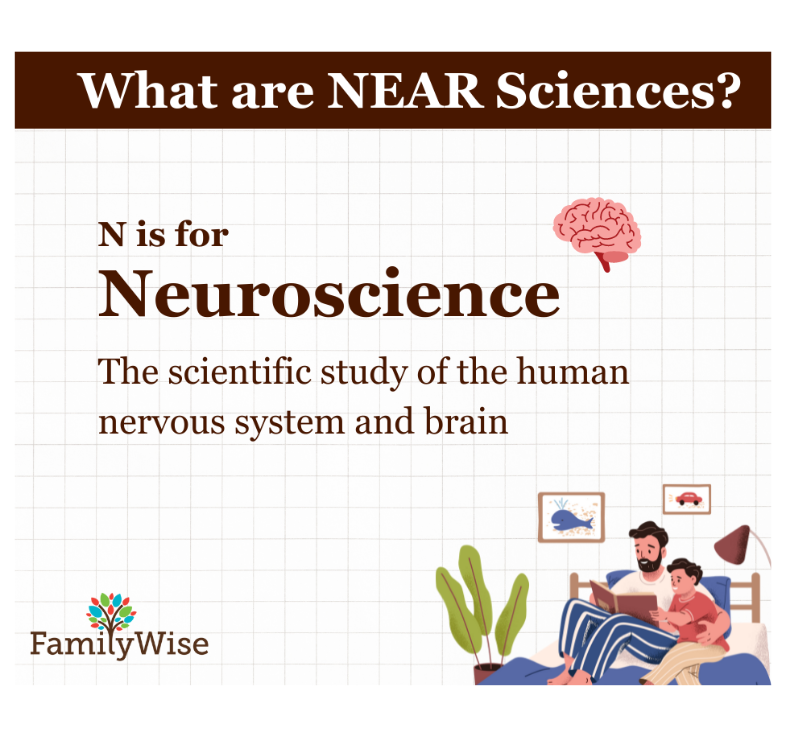Families and Trauma
All families experience trauma differently. Some factors such as a child’s age or the family’s culture or ethnicity may influence how the family copes and recovers from a traumatic event. Trauma changes families as they work to survive and adapt to their circumstances and environment. While this adjustment may be smooth for some, for others the stress and burden cause them to feel alone, overwhelmed, and less able to maintain vital family functions. Traumas are frightening, often life-threatening, or violent events that can happen to any or all members of a family. Traumas can cause traumatic stress responses in family members with consequences that ripple through family relationships and impede optimal family functioning.
Read more at National Child Traumatic Stress Network

